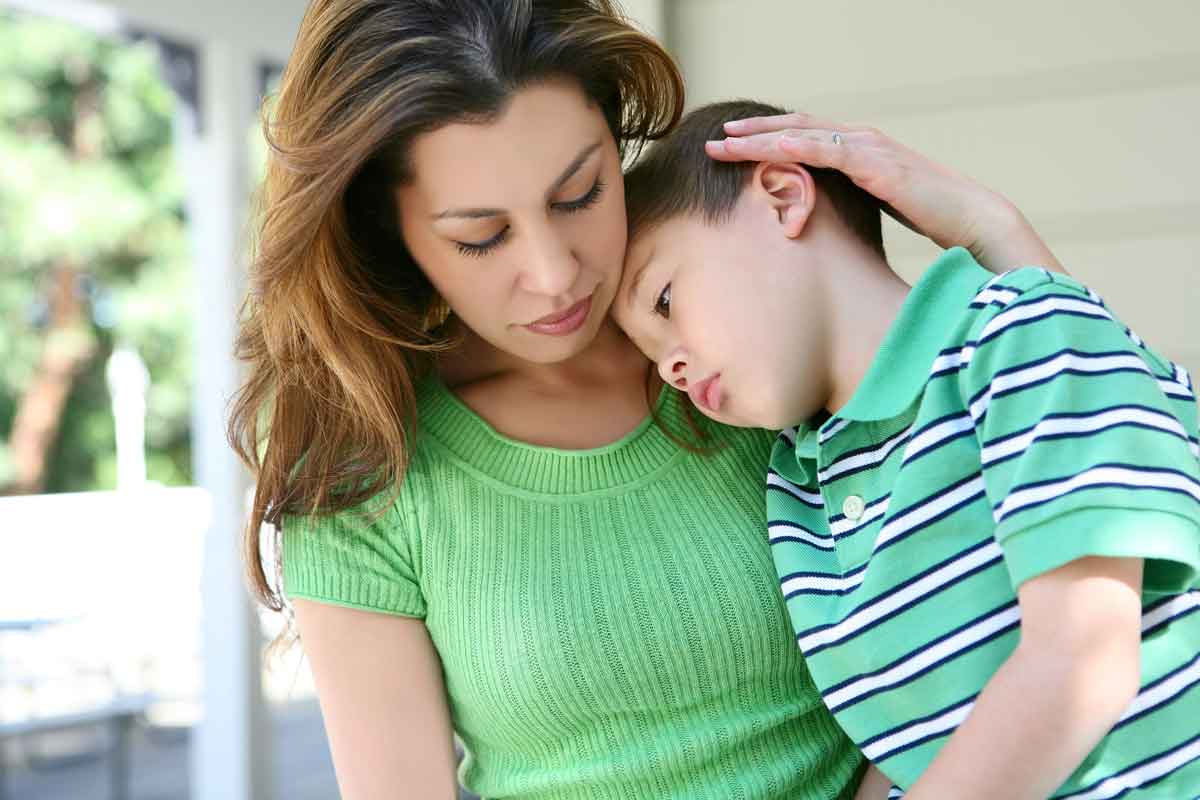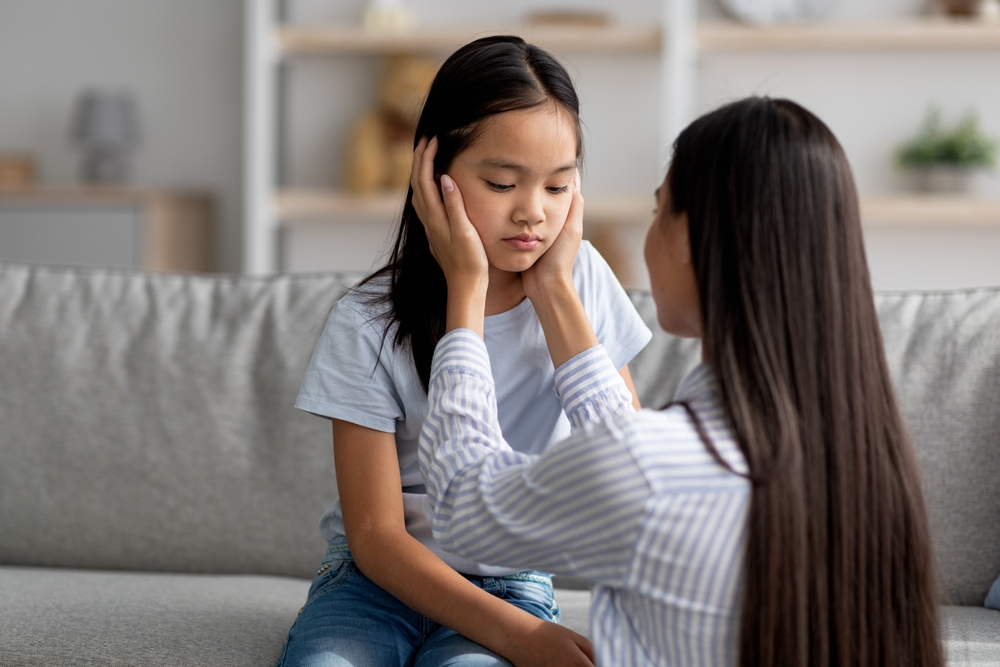7 Best Grief Counseling Strategies for Bereaved Parents
As a bereaved parent, remember to prioritize self-care practices like meditation and relaxation exercises to find moments of peace. Journaling can help you process emotions, while joining support groups offers understanding and community. Seeking professional therapy provides valuable support and coping mechanisms. Creating rituals for remembrance and engaging in mindfulness activities can aid in healing. Additionally, expressing emotions through art can be a therapeutic outlet. Remember, there are tailored counseling strategies to guide you through this challenging journey of grief and healing.
Key Takeaways
- Engage in group therapy for shared experiences and emotional healing.
- Utilize mindfulness techniques for grounding and emotional support.
- Consider personalized memorial rituals for honoring the child’s memory.
- Seek professional grief counseling for specialized support.
- Embrace artistic expression as a therapeutic outlet for emotions.
Self-Care Practices

To cope with the immense emotional toll of grief, implementing self-care practices is essential for bereaved parents. Meditation techniques can be a powerful tool in helping you find moments of peace and calm amidst the storm of emotions. Taking even just a few minutes each day to sit quietly, focus on your breath, and let go of the swirling thoughts can provide much-needed relief.
Relaxation exercises are also beneficial in easing the physical and emotional tension that often accompanies grief. Practices such as progressive muscle relaxation, where you tense and then release each muscle group in your body, can help you release pent-up stress. Deep breathing exercises can slow your heart rate and bring a sense of relaxation to your body and mind.
Journaling for Reflection
Consider incorporating journaling as a valuable tool for processing your thoughts and emotions as you navigate the journey of grief after the loss of a child. Creative writing can serve as a powerful outlet for expressing your deepest feelings and reflections during this challenging time. Through journaling, you can explore your emotions, memories, and experiences in a safe and private space.
Writing down your thoughts can provide an emotional release, allowing you to unload the weight of grief that you carry. By putting pen to paper, you may find a sense of clarity and understanding that helps you make sense of the complex array of emotions you’re experiencing. This process can also help you track your progress in coping with your loss and identify patterns or triggers that affect your emotional well-being.
Engaging in regular journaling sessions can promote self-reflection and offer a therapeutic way to honor your child’s memory. As you pour your heart out onto the pages, remember that this form of expression is a personal journey towards healing and self-discovery.
Joining Support Groups
When coping with the loss of a child, joining a support group can provide a sense of community and understanding that’s invaluable. These groups offer a safe space to share your experiences, emotions, and struggles with others who truly comprehend your pain.
Additionally, support groups can connect you with local resources and professionals who specialize in helping bereaved parents navigate their grief journey.

Group Therapy Benefits
Wondering how joining a support group could benefit you as a bereaved parent facing grief? Group therapy offers a crucial setting where you can experience the power of group dynamics, which can aid in your emotional healing process. By interacting with others who’ve also experienced loss, you can find solace in knowing you aren’t alone in your journey.
Peer support plays an essential role in group therapy, as sharing your feelings and listening to others can provide a sense of connection and understanding that individual therapy may not offer. Through these interactions, you can learn coping mechanisms from fellow group members who’ve navigated similar challenges.
Moreover, being part of a support group can help you feel validated in your grief experience and offer a safe space to express your emotions openly. The collective empathy and shared experiences within the group can foster a sense of community and belonging, which are crucial for healing after the loss of a child.
Finding Local Resources
Exploring local resources for bereaved parents, such as joining support groups, can provide invaluable emotional support during your grieving process. Support groups offer a safe space where you can connect with others who understand your pain and share similar experiences.
Online forums provide accessibility and convenience, allowing you to seek peer support anytime you need it. These platforms enable you to interact with individuals who are going through similar challenges, fostering a sense of community and understanding.
In addition to online resources, attending community events and workshops can be beneficial. These gatherings offer opportunities to engage in face-to-face interactions, receive guidance from professionals, and participate in healing activities.
Workshops may provide coping strategies, mindfulness techniques, and ways to honor your loved one’s memory. Community events can also help you feel less isolated and more supported as you navigate your grief journey. By actively engaging in these local resources, you can find comfort, solace, and companionship during this difficult time.
Seeking Professional Therapy
Consider reaching out to a licensed therapist specializing in grief counseling to help you navigate the complex emotions and challenges of your bereavement journey. Grief processing is a deeply personal experience, and having a professional guide you through this journey can provide valuable support and tools to cope with your loss. There are various therapy options available, including individual counseling, group therapy, and even online counseling platforms, allowing you to choose the format that best suits your needs and comfort level.
Therapists trained in grief counseling can assist you in exploring your feelings, processing your grief in a healthy way, and developing coping mechanisms to navigate the ups and downs of grieving. They create a safe space for you to express your emotions openly and without judgment, allowing you to work through your grief at your own pace.
Creating Rituals for Remembrance

When coping with the loss of a child, creating rituals for remembrance can offer comfort and support during this difficult time.
Symbolic remembrance acts, such as lighting a candle or planting a tree, can provide a way to honor your child’s memory in a meaningful way.
Personalized memorial traditions can also help you feel connected to your child and keep their spirit alive in your heart.
Symbolic Remembrance Acts
Creating rituals for remembrance can provide comfort and solace for bereaved parents moving through the grieving process. Symbolic acts like memorial tattoos, memorial gardens, memory boxes, and balloon releases can serve as powerful tools for honoring and remembering your child.
Memorial tattoos offer a permanent reminder of your love and connection, while memorial gardens provide a tranquil space for reflection and peace. Memory boxes allow you to collect and store special mementos and keepsakes, creating a tangible connection to your child’s memory. Balloon releases can symbolize letting go and sending messages to your loved one in heaven.
Engaging in these symbolic remembrance acts can help you navigate the complex emotions of grief and keep the memory of your child alive in your heart. Each ritual offers a unique way to honor your child’s life and find moments of healing amidst the pain.
Personalized Memorial Traditions
As you explore personalized memorial traditions, you can find solace in creating rituals that honor and remember your child in unique and meaningful ways. Customized ceremonies tailored to reflect your child’s personality and interests can be incredibly healing.
These ceremonies can include elements that hold special significance to your family, such as incorporating your child’s favorite music, poems, or activities.
Unique tributes like planting a tree in your child’s memory, creating a memory box filled with mementos, or organizing an annual charity event can provide comfort and a sense of connection to your child.
Personalized memorials, such as setting up a dedicated space in your home with photos and keepsakes, can serve as a daily reminder of your child’s presence in your life.
Engaging in healing rituals, like writing letters to your child, releasing balloons on special occasions, or lighting a candle in remembrance, can help you navigate through the grieving process.
These personalized memorial traditions can offer moments of solace and reflection as you cherish the memories of your beloved child.
Engaging in Mindfulness Activities

To enhance your emotional well-being during the grieving process, consider incorporating mindfulness activities into your daily routine. Mindfulness practices like mindful breathing and nature walks can help you find moments of peace and calm amidst the storm of grief.
Mindful breathing involves focusing on your breath, observing its rhythm, and allowing yourself to be fully present in the moment. This simple practice can help you manage overwhelming emotions and bring a sense of grounding during difficult times.
Nature walks offer a chance to connect with the healing power of the outdoors. Spending time surrounded by nature can provide a soothing environment for reflection and contemplation. Listen to the birds chirping, feel the breeze on your skin, and take in the beauty of the world around you.
Expressing Emotions Through Art
Engage with your emotions by expressing them through various forms of art, allowing a creative outlet for processing and communicating your feelings during the grieving process. Art therapy can be a powerful tool in emotional healing for bereaved parents. Through painting, drawing, sculpting, or other artistic mediums, you can externalize your internal struggles, fears, and sadness.
Art provides a safe space to explore complex emotions that may be difficult to verbalize. The process of creating art can help you release pent-up feelings, gain insight into your grief, and find moments of peace and clarity. By engaging in art therapy, you can express what words can’t capture, fostering a deeper understanding of your emotions.
Consider joining a grief support group that incorporates art therapy sessions or simply set aside time each day to engage in creative activities.
Frequently Asked Questions
How Can I Help My Other Children Cope With the Loss?
You can help your other children cope with the loss by providing sibling support through open communication, encouraging them to express their feelings, and considering family therapy to navigate the grief together as a unit.
Is It Normal to Feel Guilty for Taking Care of Myself?
It’s completely normal to feel guilty for taking care of yourself while grieving. Remember, coping mechanisms and self-care are essential parts of the healing process. Managing guilt is a common struggle, but prioritizing your well-being is paramount.
What if I Can’t Find a Support Group That Suits Me?
If you can’t find a support group that suits you, consider individual therapy or online resources for personalized help. Alternative methods like journaling, meditation, or exercise can also support your healing journey. Remember to prioritize self-care.
How Do I Know When It’s Time to Seek Professional Therapy?
When you notice persistent signs like overwhelming sadness, difficulty functioning, or strained family dynamics, it’s time to seek professional therapy. Don’t hesitate to reach out for help. Coping with grief is challenging, and support is essential.
Are There Specific Rituals That Can Help Honor My Child’s Memory?
When honoring your child’s memory, consider memorial services, remembrance activities, tribute videos, and keepsake items. These rituals can provide comfort, promote healing, and keep your child’s spirit alive in a meaningful way during the grieving process.
Conclusion
To sum up, incorporating these grief counseling strategies can help bereaved parents navigate the difficult journey of loss and healing. Remember to prioritize self-care, seek support from others, and express your emotions in healthy ways.
By taking small steps each day, you can honor your loved one’s memory and find moments of peace amidst the pain. You aren’t alone in this process, and there’s hope for healing and growth ahead.
Stay strong and be gentle with yourself.

Hey there! 👋 I’m a proud mom and passionate writer, sharing my parenting journey. 📝 Join me as I navigate the ups and downs of motherhood, offering tips, advice, and a sprinkle of humor along the way. 🌟







